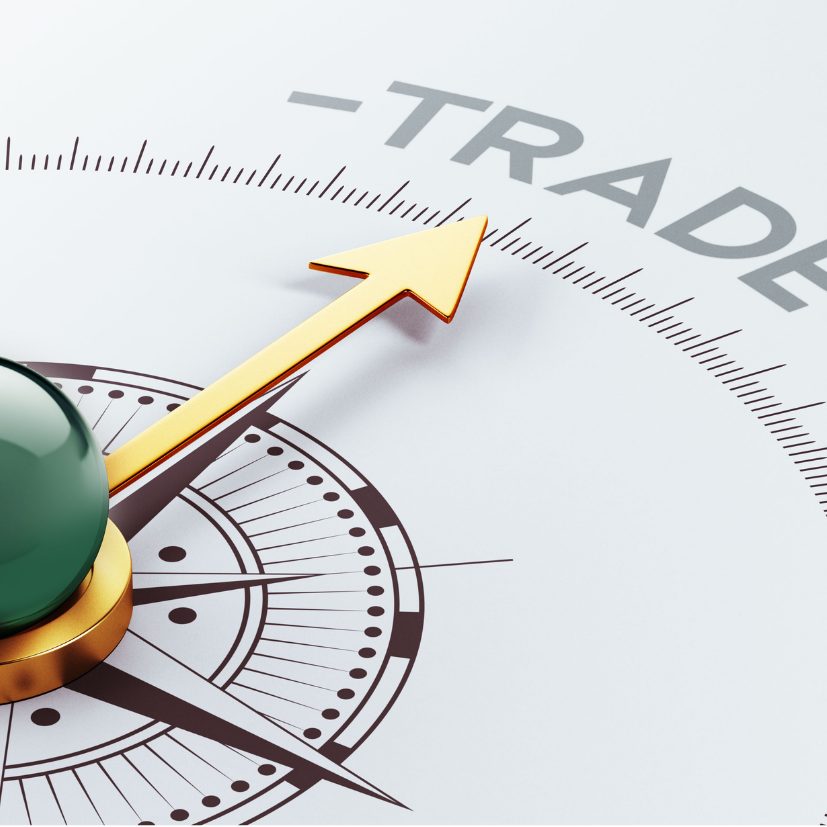Meet the lender – Vince Tovey, WeDo Trade Finance

Vince is a director at WeDo Trade Finance. He talks to us about trends in the trade finance market and how the landscape will change in the next five years.
What trends are you currently seeing in the trade finance market?
Many SME businesses that import goods into the UK were hit hard by the COVID pandemic when freight costs soared. Soon after, the issue in the Suez Canal further increased transit times. More recently, terrorist activity has forced many shipping lines to take longer routes from the Far East to the UK, often adding an extra 2-3 weeks to shipment windows.
These challenges have led importers to consider moving some of their production to Europe—especially Eastern Europe. This shift is becoming more attractive as production costs in Eastern Europe are not as high compared to the Far East as they used to be. Additionally, European production offers shorter lead times and often lower minimum order quantities.
Since COVID, we have observed a modest appetite among many lenders to provide trade finance facilities to SME businesses, although some lenders have pulled out of the sector altogether.
What advice would you give to businesses seeking trade financing for the first time?
The key is to surround yourself with the right partners and support. This includes choosing the right supplier and ensuring robust quality control and pre-shipment inspection processes. Additionally, select a reliable shipping agent or freight forwarder, and efficient warehouse and logistics providers in the UK. It’s crucial to work with creditworthy customers who will honour their commitments.
Equally important is knowing how you will fund these supplier purchases. Can you negotiate credit terms with the supplier, or will you need to work with a funding partner?
Do you foresee the lending landscape changing in the next few years and if so, how will this impact trade finance?
As previously mentioned, there is a shift in the supply chain away from China to other countries, although the Far East still dominates. The political landscape is also uncertain, and it is difficult to predict whether there may be significant issues for businesses importing from China in the future—similar to the recent challenges faced by those importing goods from Russia.
This change and uncertainty, along with the financial difficulties many SMEs are encountering due to the state of the economy, have led traditional lenders to adopt a more cautious approach. As a result, it will be up to second and third-tier lenders to hold their nerve and continue to support businesses with trade finance facilities. These lenders will need to take a commercial view that goes beyond P&L performance or balance sheet strength, focusing more on the people behind the business and the transactions that require funding.
What motivates you personally in your work as a lender?
Simple—I have been working in international banking, specifically trade finance, since I left school 38 years ago! Initially, I worked for the international divisions of NatWest and HSBC, spending the first 12 years of my career learning the ropes of trade finance. It is incredibly satisfying to put all of that knowledge and experience into helping good owner-managed SME businesses grow and achieve their aspirations in a constantly challenging environment.
It is always rewarding to see a well-structured trade finance facility being used to its maximum benefit by a business to facilitate its ongoing growth.
How long have you been working with Evolve Business Finance, and how has the partnership benefited WeDo Finance?
I have known Stef Radymski for over a decade; our paths first crossed when we worked for the same organisation. I have worked with Evolve Business Finance right from the outset. I’m pleased to say we have several Evolve clients on our books and continue to grow this relationship—I’m currently working on a new opportunity. There is also a strong relationship between Evolve and the wider WeDo business, not just within the Trade Finance arm of WeDo.
Can you share something about yourself that people might be surprised to learn?
As alluded to above, I went into international banking straight from school—no A Levels, no degree—just 7 O Levels to my name. The rest of my career has been built on experience.
What are the key benefits for a business looking to use a trade finance Facility?
The major benefit is easing the cash flow pressure created by the need to pay a supplier for stock when no supplier credit terms are available. Trade finance can cover up to 100% of the cost of goods, as well as the duty and freight costs, with repayment only required once the goods have been delivered and customer orders fulfilled.
It acts as a short-term bridge for specific transactions where goods need to be purchased to fulfil customer orders. Here at WeDo Trade Finance, we support SME businesses run by experienced individuals in their sector, working with credible suppliers, and demonstrating a clear exit route for the goods they wish us to support.
Trade finance is also incredibly useful for highly seasonal businesses, as suppliers often need payment when cash/assets are at their lowest point.






